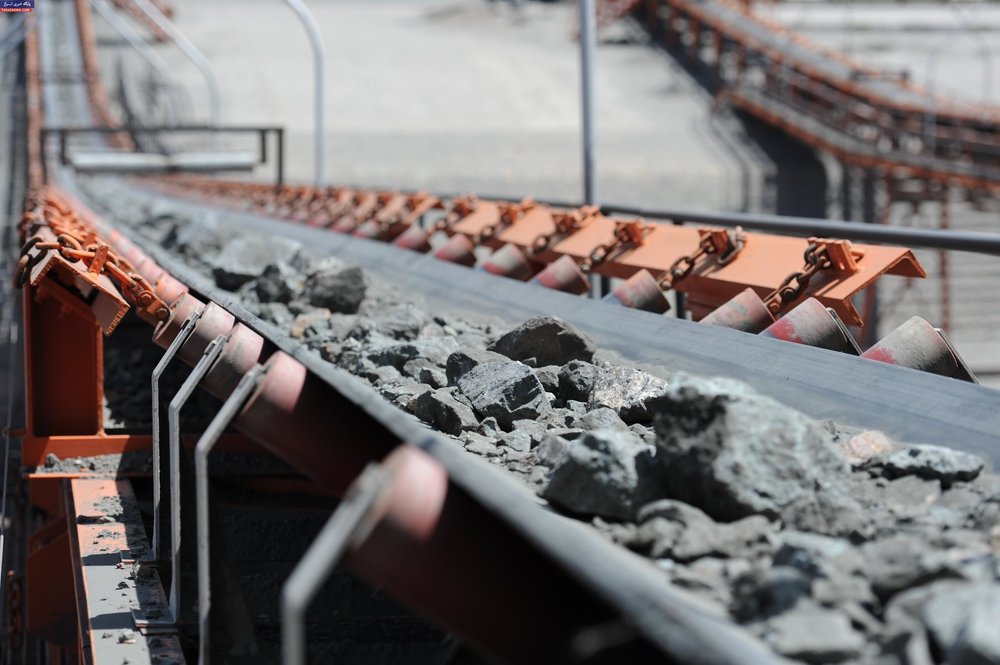Iran imposing export tax on iron ore facing strong opposition

Last month, Iranian Deputy Industry, Mining and Trade Minister Jafar Sarqeini announced that the government will impose a 10% export duty on iron ore from the beginning of the next Iranian calendar year 1397 (March 21, 2018) and plans to increase the figure to 15% in the calendar year 1398.
The official said that the government’s decision is aimed at preventing from exporting the raw mineral, while encouraging exports of the processed material, as the export duty on iron ore pellets is planned to be reduced from 15 percent to zero.
The government seems determined in imposing export duty on iron ore, but its decision has faced strong opposition so far, as those active in this sector believe that not only does such duty reduce Iran’s presence in the global market of the product it also creates a difficult condition for attraction of investors to this sector.
They say the fall in global prices has created a bad condition for Iran’s iron ore mines and the government’s imposing export duty on this mineral will make the condition even more difficult for the private sector and lead to stopping activity of more mines.
Qadir Qiafeh, a board member of Iron Ore Producers and Exporters Association of Iran (IROPEX), says: “Export duty on iron ore just makes the investors go away.”
Export income for modern equipment
Another opposite approach explains that while the mining sector in Iran suffers from the lack of modern exploration and mining equipment, the income from the mineral exports can help modernization of this sector.
“The old mining machinery has resulted in reduced productivity while increased end price, so modernization is required in this due”, according to Qiafeh.
Processing units thriving
Also there is this view that domestic consumption of this mineral is rising as the processing activities are thriving for higher value added; therefore, iron ore export will automatically fall as domestic consumption increases.
In an interview with Madannews last month, Qiafeh said: “Consumption of iron ore in Iran is moving toward production of products with higher value added. It is obvious as the export of iron concentrate has risen compared to the iron ore export. And as mining units and processing plants are moving toward more processing activities, domestic need for iron ore is increasing.”
And as Alireza Siasirad, the secretary of IROPEX, comments, “Iron ore exports will be decreasing even the government does not impose export duty on this mineral, because as long as there are domestic customers we do not have any motivation for exports.”
Moreover, some opponents of the export duty plan say that there should not be any duty on iron ore exports, because all types of the iron ore existing in Iran are not applied in domestic market.
In this due, many experts and businessmen suggest that the best strategy is to offer this mineral in Iran Mercantile Exchange (IME) first and then if there is no customer the commodity can be exported while no duty is imposed.
Negative effect on other minerals
Criticizing the policy of imposing export duty on iron ore, Farzaneh Ma’soumi, the vice chairman of Iranian Producers and Exporters of Mineral Products Association, laments that the repercussion of this policy will not come just to the iron ore mines, it will affect other mines as well.
The government says this policy will also lead to more employment through establishing new plants for processing the raw mineral, but the opponents say this decision is in fact to increase the government’s income.
The issue of imposing export duty on iron ore has been brought up several times, but no final decision has been made in this due. Keyvan Ja’fari Tehrani, an iron ore and steel markets analyst, says: “The issue has been brought up in the third or fourth quarter of the year over the past 4 or 5 years. Once announced, such matters affect the development and export plans of the mines specially the private mines, noticeably.”
And while the main target behind the export duty is said to be preventing from export of the raw mineral, and encouraging production of processed materials instead, as Qiafeh comments, so long time passing to approve the related plan is making those active and making investment in this field confused and uncertain for more processing activities.
Leave a Comment